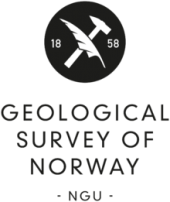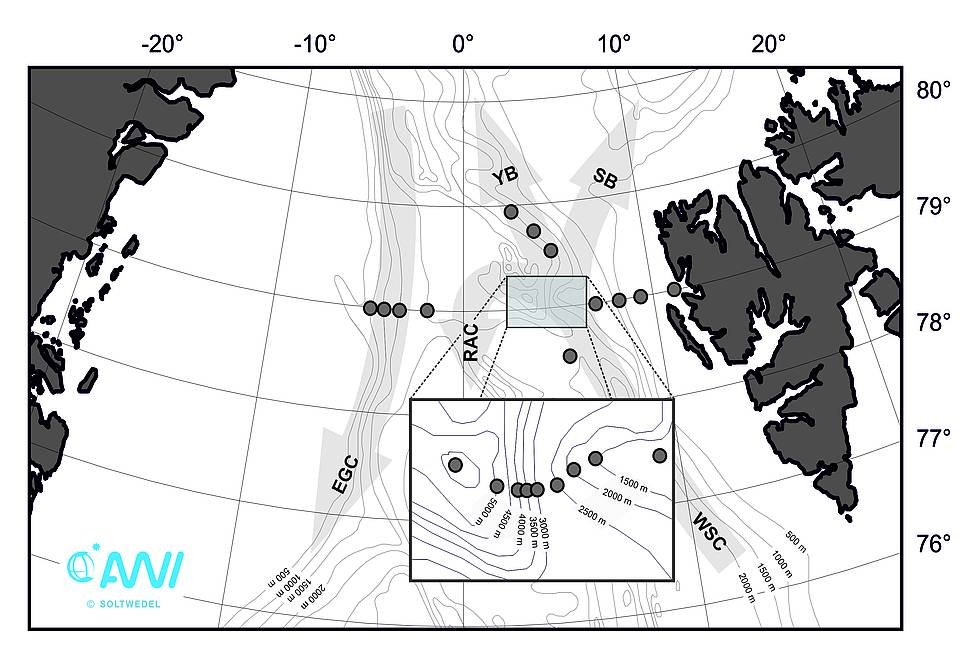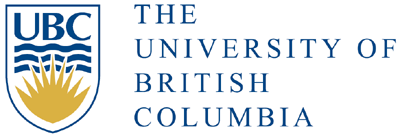Arctic Links
-
Geological Survey of Norway (NGU), Norway
NGU is the national institution for the study of bedrock, mineral resources, surficial deposits and groundwater.
View Link: https://www.ngu.no/en
-
Long-Term Ecological Research (LTER) Observatory HAUSGARTEN, Germany
Enabling the detection of expected changes in abiotic and biotic parameters in a transition zone between the northern North Atlantic and the central Arctic Ocean, the Alfred Wegener Institute established the deep-sea observatory HAUSGARTEN in the eastern Fram Strait. HAUSGARTEN observatory displays 21 permanent stations covering a water depth range of 300 to 5500 m water depth. Repeated sampling and the deployment of moorings and different free-falling systems which act as observation platforms has taken place since the beginning of the station in summer 1999. At regular intervals, a Remotely Operated Vehicle (ROV) is used for targeted sampling, the positioning and servicing of autonomous measuring instruments and the performance of in situ experiments. A 3000 m depth-rated Autonomous Underwater Vehicle (AUV) extends the sensing and sampling programmes.
-
Alfred Wegener Research Institute (AWI), Germany
As a Helmholtz centre for polar and marine research the Alfred Wegener institute works above all in the cold and temperate regions of the world. Together with numerous national and international partners we are involved to decipher the complicated processes in the “system of earth”. Our planet is in a radical climate change. The pole areas and seas change. At the same time they play a central role in the global climate system. How does the planet earth develop? Do we observe short-term variations or long-term trends? Polar and marine research has always been a fascinating scientific challenge. Today it is also a piece of futurology.
View Link: https://www.awi.de/en.html
-
University of Connecticut, USA
View Link: http://uconn.edu/












